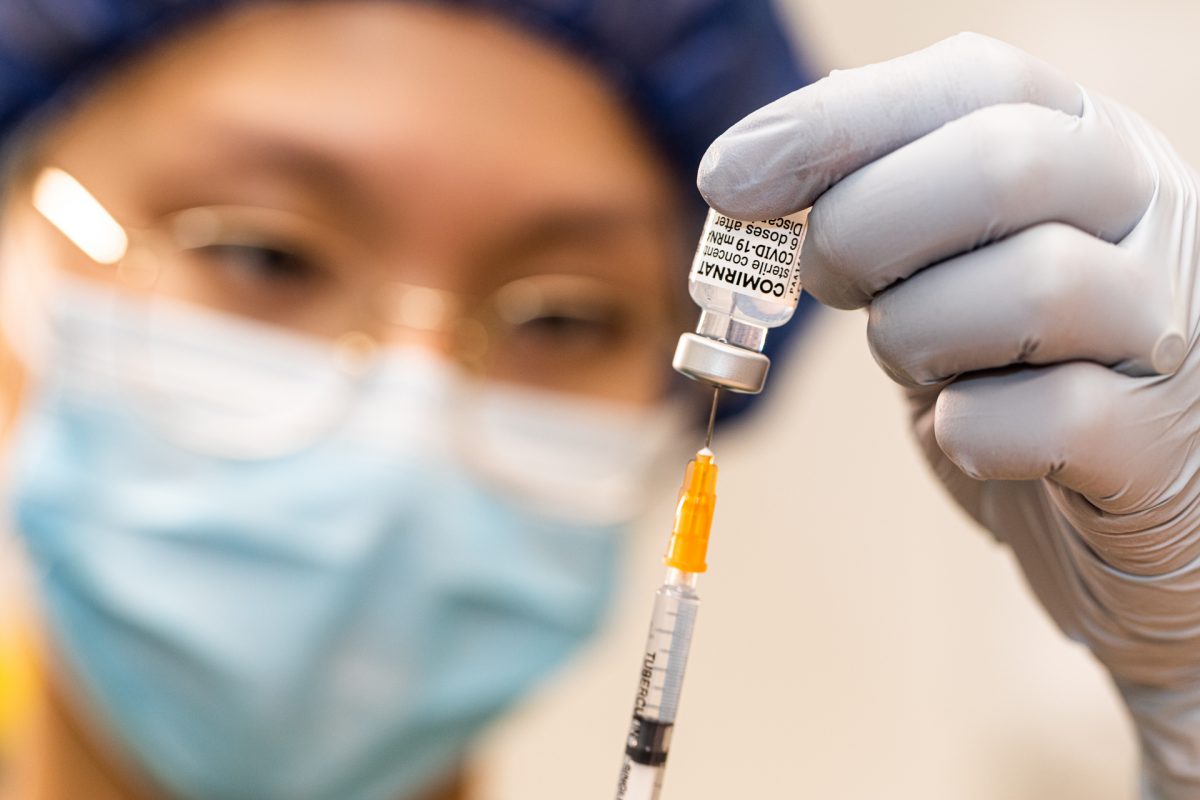
Pfizer and Moderna’s COVID vaccines utilised Messenger RNA technology, more commonly known as mRNA technology. Photo: Michelle Kroll.
Victoria is investing in the development of next-generation vaccines and medicines, which use the same mRNA technology as the Pfizer and Moderna COVID-19 vaccines.
Applications have opened for Round 3 of the mRNA Victoria Research Acceleration Fund, with grants available to support the development of new RNA and mRNA-based therapeutics.
Up to $500,000 is available to research teams and biotech startups to fast-track the translation of research and grants of up to $100,000 are available for teams conducting early-stage research.
“mRNA is an exciting and growing part of our innovation economy, providing amazing jobs now and the potential for many more in the future,” Economic Growth Minister Tim Pallas said.
“Close collaboration between industry and researchers means we can unlock the potential of mRNA and advanced manufacturing for life-changing new vaccines and medicines.”
mRNA is the abbreviated form of Messenger RNA, a type of molecule found in the cells of all living things that carry instructions to make a certain protein to other components within cells.
Unlike traditional medicines, those that utilise mRNA fight diseases by teaching the body how to make a specific protein that can help your own immune system prevent or treat certain diseases.
Earlier this month, Katalin Kariko and Drew Weissman were awarded the 2023 Nobel Prize for Physiology and Medicine for their pioneering research which enabled the development of mRNA COVID vaccines.
The Victorian Government’s research fund has invested more than $27 million into 42 research projects to unlock new mRNA treatments and vaccines for diseases, including muscular dystrophy, Alzheimer’s and hard-to-treat cancers.
“Victoria’s dedicated and talented medical researchers are changing and saving lives – and we’re proud to back them in their vital work,” Medical Research Minister Ben Carroll said.
The state government has also invested a further $10 million to train the future workforce of the Asia-Pacific through the Monash Centre for Advanced mRNA Medicines Manufacturing and Workforce Training.
Victoria is responsible for almost 60 per cent of Australia’s pharmaceutical exports, making it the state’s highest-value advanced manufactured export, supporting more than 100,000 jobs in the biotech sector.
Melbourne is home to Moderna’s Australia, New Zealand, South-East Asia and Oceania headquarters, as well as its Regional Research Centre for Respiratory Medicines and Tropical Diseases, which accelerates collaboration with Australian medical researchers on new mRNA therapeutics. A new Moderna mRNA vaccine manufacturing facility slated to produce 100 million doses per year is also set to open in Melbourne.


